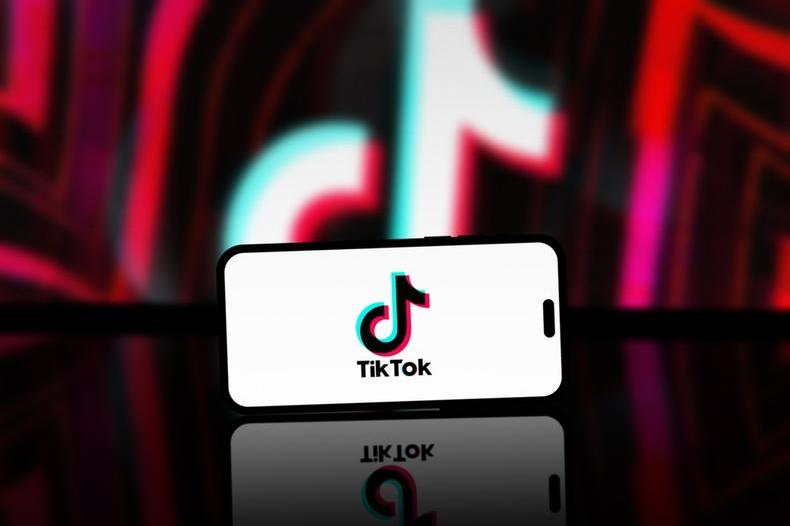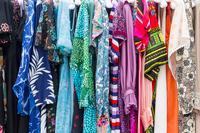TikTok: Can users buy genuine designer goods?
With fast fashion on its way out, second-hand fashion is making a comeback.

Whilst pre-owned items may once have been considered “uncool”, thrifting and buying second-hand is now considered by many to be a trendy hobby.
TikTok was once solely a platform for users to post short clips and videos. However, in late 2021, TikTok introduced its own marketplace “TikTok Shop”.
This enabled brands to not only advertise on TikTok through video marketing, but also offer a direct way for consumers to purchase their goods – all in one place.
Discovering luxury resellers
TikTok Shop is ever expanding. They have recently introduced a second-hand luxury fashion category where five UK second-hand resellers have been given the platform to sell their goods via TikTok Shop.

These luxury resellers can post a video about a second-hand product or create a live stream showing the goods on TikTok, and users can click directly through the app to TikTok Shop to purchase the goods.
This is a step away from traditional advertising, where consumers would usually need to search separately to buy a product.
However, whilst consumers may be attracted to the option of purchasing luxury goods at a lower price point, it is possible for this to come with the risk of buying a counterfeit.
TikTok Shop has traditionally retailed and, as a result, built a reputation for providing unbranded goods or cheaper dupes.
So, how can TikTok Shop be trusted as a reliable retailer when it comes to second-hand luxury goods?
Why would consumers choose TikTok Shop instead of a trusted third-party retailer? If the genuine origin of pre-loved luxury goods cannot be verified, consumers are unlikely to purchase them.
Tackling counterfeit goods
So, what steps are platforms like TikTok taking to ensure that the second-hand goods on their platform do originate from the luxury brands?

Counterfeit items are a big issue for many luxury brands, and many have taken countless steps to prevent the sale of such items.
Moncler is a prime example. Originally, Moncler implemented QR codes onto the labels of their goods which, when scanned, would link directly to the product in question on Moncler’s website.
However, counterfeiters identified this mechanism and started to copy the codes themselves. Given this rising issue, Moncler, in addition to the QR code labels, now use RFID (radio frequency identification) technology to add an additional layer of authentication to their products.
Their tags contain this technology which can be scanned to provide the consumer with verification information.
This is just one example of the lengths luxury brands go to ensure that their products can be correctly verified.
In the US, sellers in the pre-loved luxury fashion category on TikTok Shop must obtain certificates from third-party authenticators.
In the UK, however, all five resellers in the category have their own internal authentication process.
For example, Luxe Collective – one of the five resellers - have listed on their website some of the aspects they consider when authenticating luxury goods e.g., stitching precision, hardware quality, and authenticity imprints.
They claim that this examination enables them to ensure that the products they are reselling are genuine.
However, self-certification can be falsified, meaning these claims will only be trusted by consumers if they prove to be reliable.
Improving reputation
We can take some comfort in the fact that these re-sellers are trying to uphold and build their reputation. Therefore, we assume that they will be doing everything they can to prove the reliability of their goods as, if they do not, their business will fail.

Given that it is so easy for consumers to provide reviews, and for word of mouth to spread, we are hopeful that this too will add a further layer of trust to such resellers and in turn, a layer of protection for the original brands.
It is clear that TikTok are trying to appeal to consumers seeking authentic goods. We are hopeful that the resellers can uphold their claims of authenticity and prevent the sale of counterfeits.
We will be eagerly watching how the introduction of pre-loved luxury goods on TikTok Shop develops.



